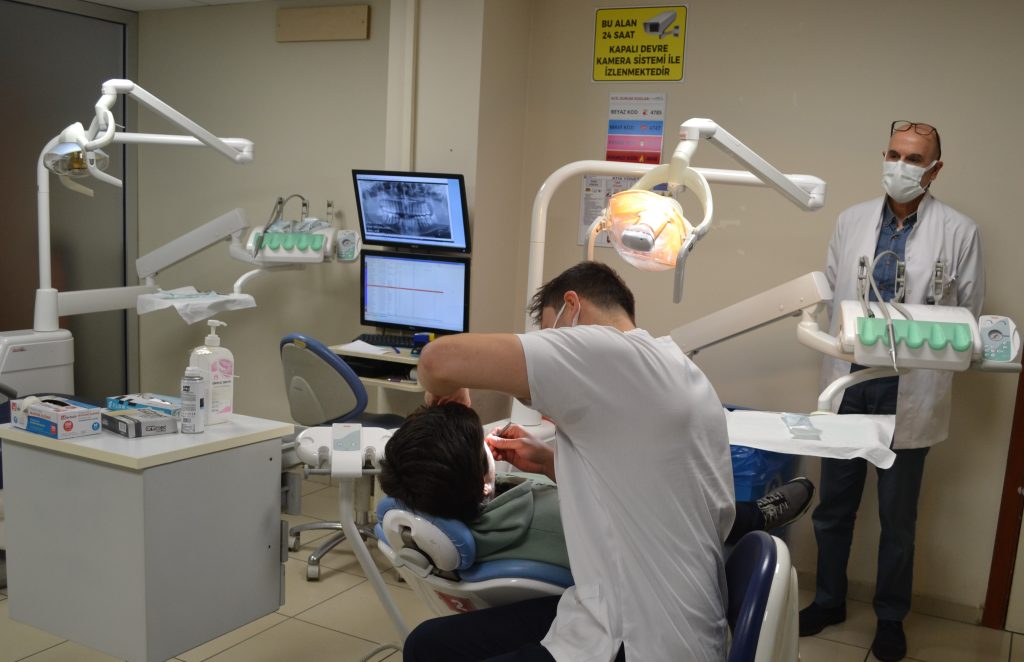Ethical principles are the backbone of healthcare simulation, guiding every step from design to delivery. By integrating the Healthcare Simulationist Code of Ethics and Healthcare Simulation Standards of Best PracticeTM simulationists build inclusive, professional environments that foster safer, more competent care. This article explores these essential frameworks and their transformative impact.
Exclusive partnership with

As healthcare providers, ethical behavior is integrated into the core of our professions from bedside care to the use of simulation as an educational pedagogy. Professional integrity is infused throughout the simulation design: prebriefing, facilitation, debriefing, and evaluation. Ethical knowledge, skills, and attitudes should be applied from start to finish of a simulation-based experience with the ultimate goal of safer, more competent healthcare delivery.
There are several seminal resources that established ethical frameworks that should be used in the design of a simulation program. These frameworks help to create a professional identity within the specialty area of simulation. This article covers the impact and shared knowledge from the Healthcare Simulationist Code of Ethics1 and Healthcare Simulation Standards of Best Practice(HSSOBP)TM: Professional Integrity.2
The Healthcare Simulationist Code of Ethics was created in 2018 by an international healthcare simulation professional workgroup convened by the Society of Simulation in Healthcare (SSH). The Healthcare Simulationist Code of Ethics aims to promote, strengthen, and support an ethical culture among all individuals and organizations engaged in healthcare simulation across the globe1. It strengthens the commitment of Healthcare Simulationists to the highest standards of integrity. The aspirational values included in the Code of Ethics are integrity, transparency, mutual respect, professionalism, accountability, and results orientation and are further defined below in Table 1.It strengthens the commitment of Healthcare Simulationists to the highest standards of integrity. The aspirational values included in the Code of Ethics are integrity, transparency, mutual respect, professionalism, accountability, and results orientation and are further defined below in Table 1.

The International Nursing Association for Clinical Simulation and Learning (INACSL) leads the authorship of the HSSOBPTM: Professional Integrity. In this important document, professional integrity is defined as “ethical behaviors that are expected in simulation experiences by all parties involved.”2 In the 2021 publication of the HSSOBPTM: Professional Integrity, the Healthcare Simulationist Code of Ethics was adopted and purposefully integrated into the standard as a criterion for best practice. This is a noteworthy alignment between SSH and INACSL as an acknowledgment and statement of the importance of establishing an ethical framework within simulation.3
There is an explicit expectation of inclusivity in the HSSOBPTM: Professional Integrity. It guides staff, faculty, and learners to respect equity, diversity, and inclusivity among everyone involved and in all aspects of the simulation-based experience (SBE). The 2021 publication of HSSOBPTM: Professional Integrity intentionally added an independent criterion to stress the importance of inclusivity in all simulation activities. Being honest, mindful, and sensitive to all differences and ethical issues related to the simulation experience is necessary to create the meaningful experiences that educators strive to offer learners.2 Holding diverse worldviews and individual differences that characterize patients, populations, and the healthcare team is a foundational viewpoint in creating an inclusive SBE.2 See Fig. 1 for all of the criterion included in the HSSOBPTM: Professional Integrity.

Fig. 1. Healthcare simulation standards of best practiceTM: PROFESSIONAL integrity. (From INACSL Standards Committee, Bowler, F., Klein, M. & Wilford, A. Healthcare Simulation Standards of Best PracticeTM Professional Integrity. Clin Sim 2021; 58, 45-48. https://doi. org/10.1016/j.ecns.2021.08.014. Used with permission.)
It is commonly thought that foundational knowledge in simulation design or debriefing methods are crucial to beginning in the teaching methodology of simulation. This idea can be challenged with the encouragement that every new simulationist should review and study the Healthcare Simulationist Code of Ethics and HSSOBPTM: Professional Integrity as the introductory milestone into simulation. These seminal documents provide ethical frameworks to create safe educational environments for our learners, staff, and faculty to fully engage in the dynamic learning environment of healthcare simulation.
REFERENCES
Bowler, F., Luna, P., & Spencer, T. (2024). Professional Integrity and Ethical Considerations in Simulation. Nurs Clin N Am 59 (2024) 359–370. https://doi.org/10.1016/j.cnur.2024.02.011tion Standards of Best PracticeTM, and learn about nursing simulation delivered in hospitals, academic contexts, and beyond.
Park, C. S., Murphy, T. F., & the Code of Ethics Working Group (2018). Healthcare Simulationist Code of Ethics. Available at: http://www.ssih.org/Code-of-Ethics.
INACSL Standards Committee. Bowler F., Klein. M., and Wilford, A. (2021). Healthcare Simulation Standards of Best Practice professional integrity, Clin Sim, 58, 2021, 45–48. https://doi.org/10.1016/j.ecns.2021.08.014
READ ALSO














































